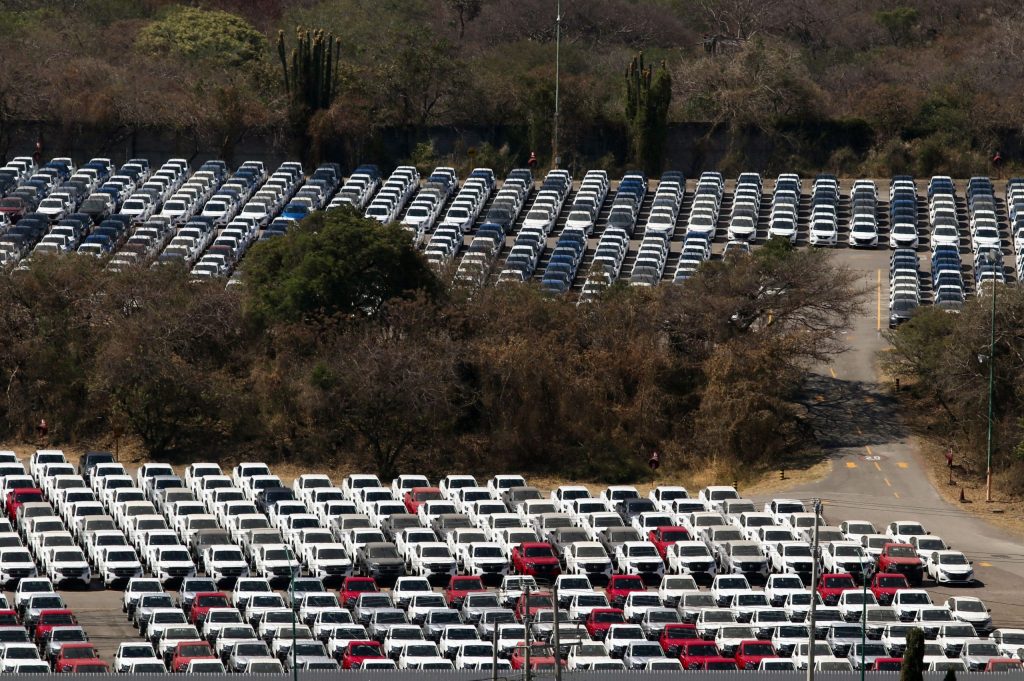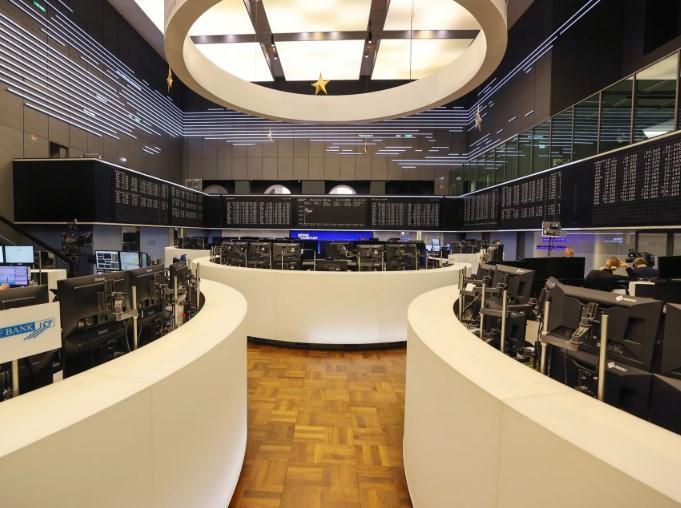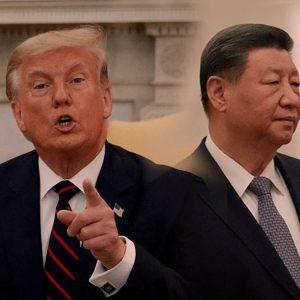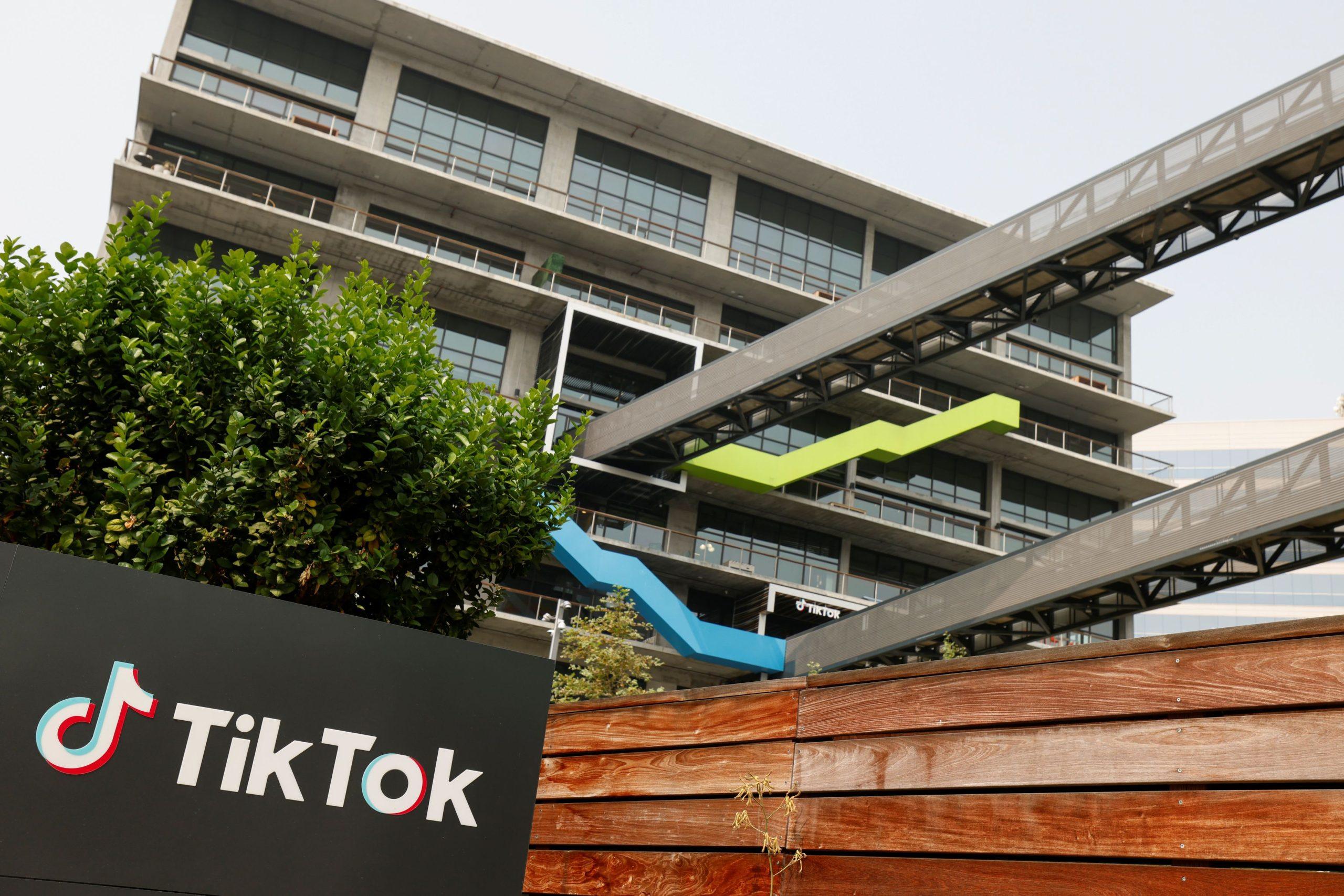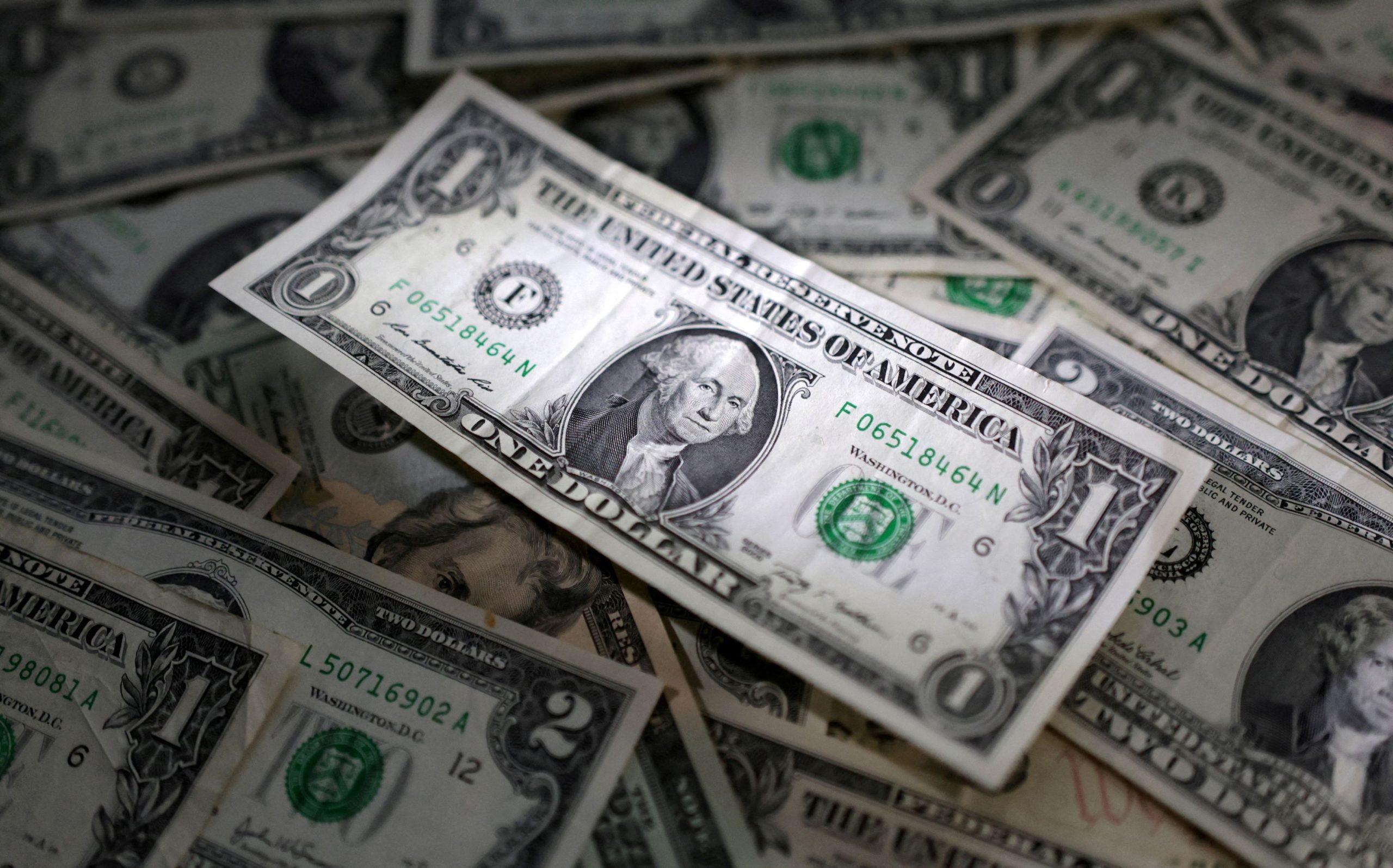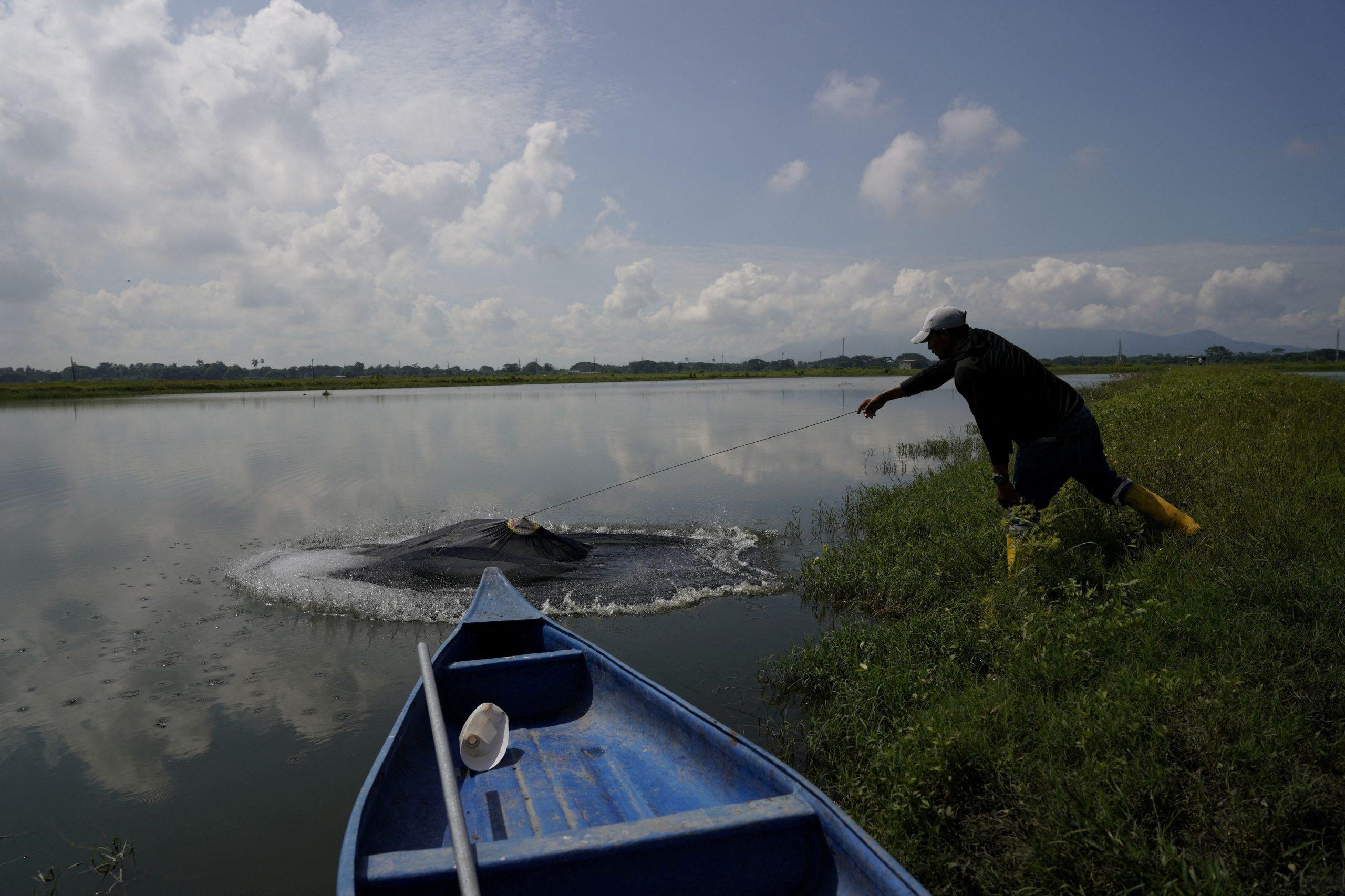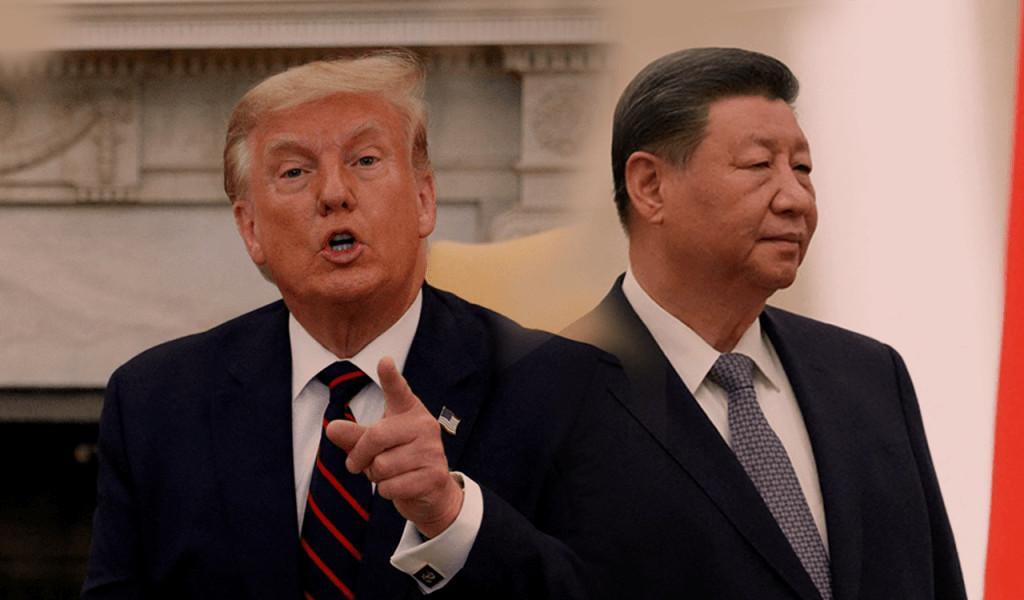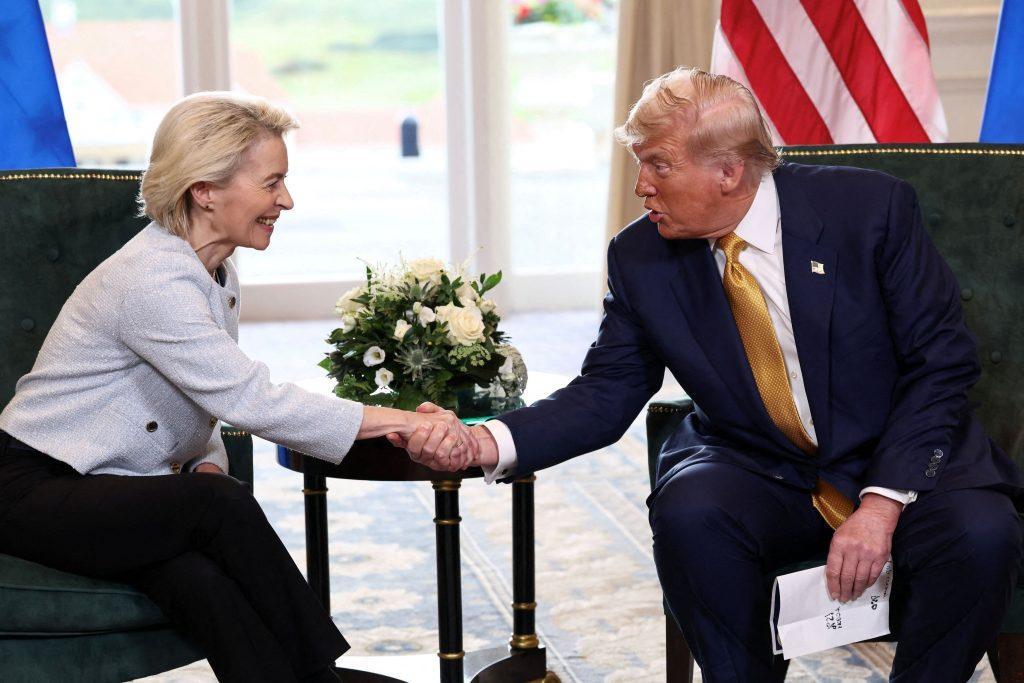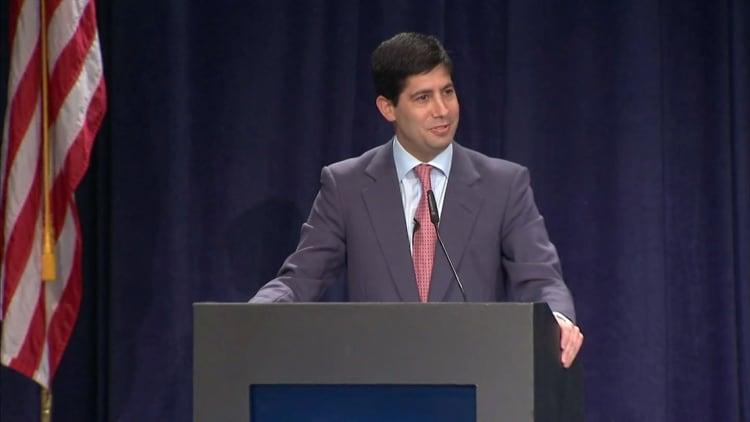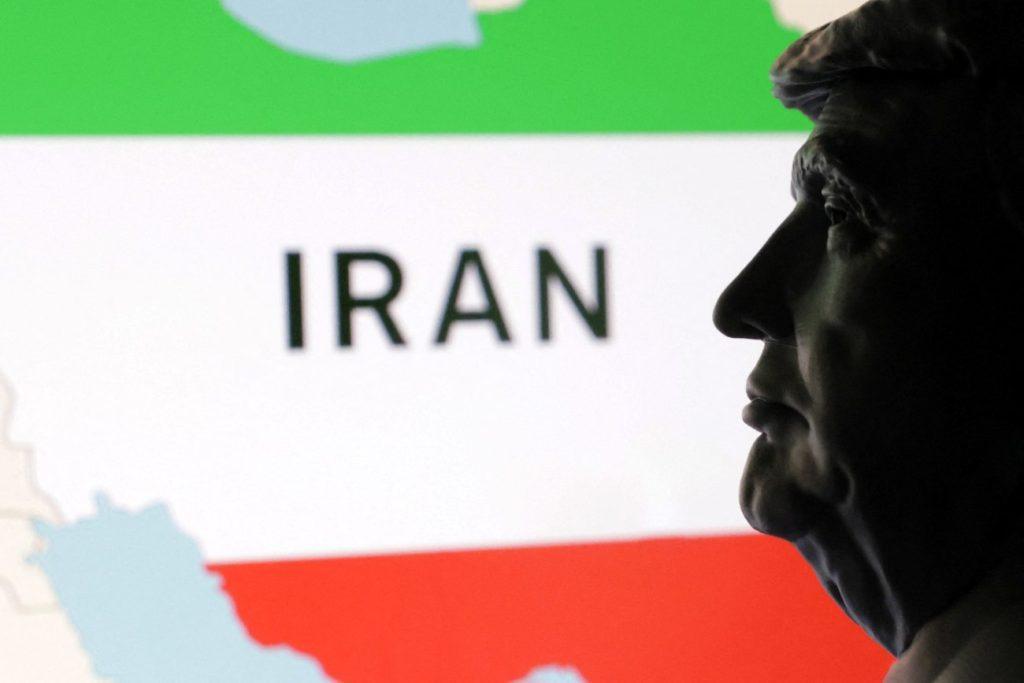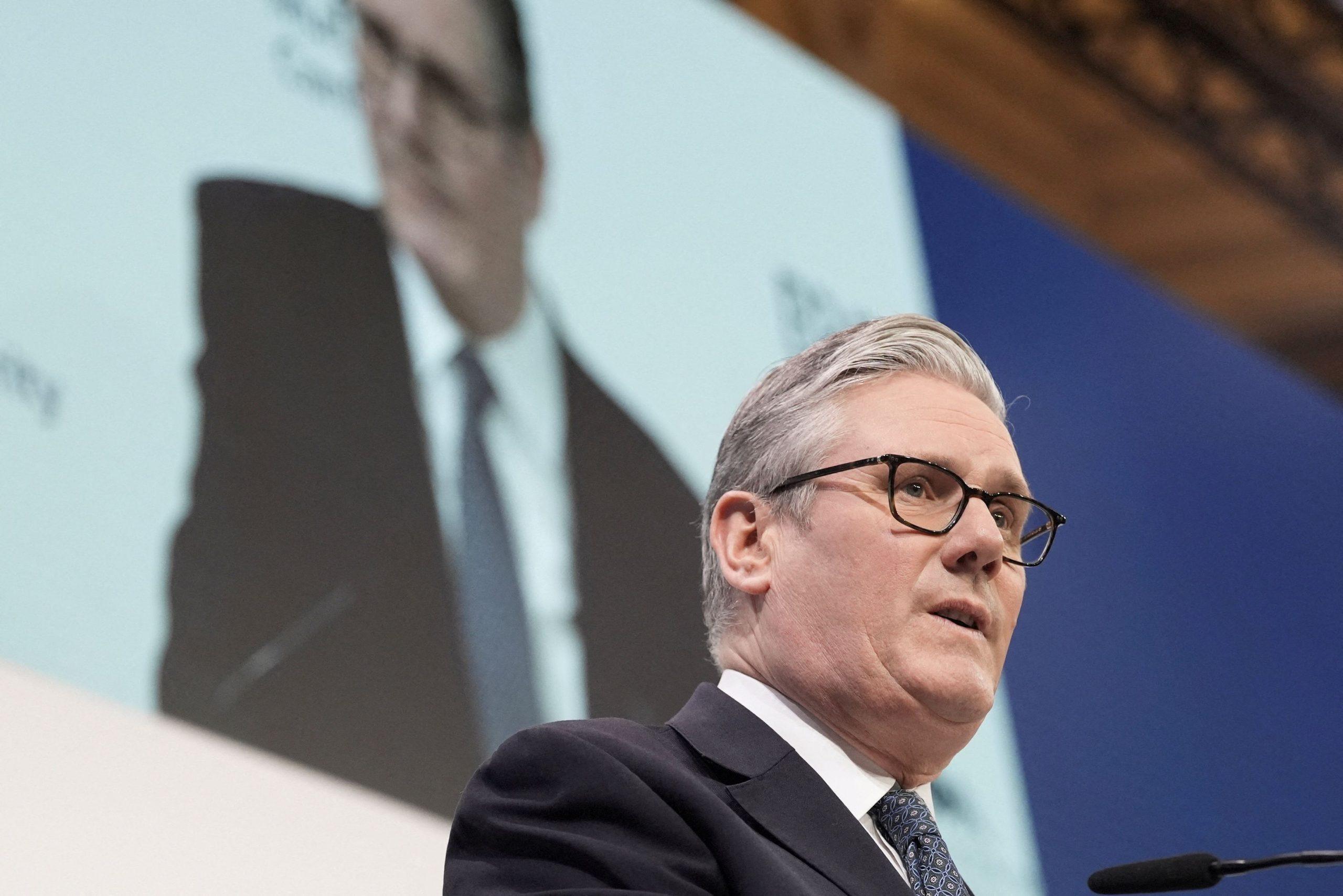U.S. President Donald Trump is set to impose wide-ranging new tariffs on global trading partners Wednesday, a move that threatens to disrupt international trade, raise consumer costs, and spark retaliatory measures from key allies.
Details of the so-called “Liberation Day” tariffs remain closely guarded, but the White House has confirmed they will take effect immediately following Trump’s announcement at 4 p.m. Eastern Time (2000 GMT) in the Rose Garden. A separate 25% global tariff on auto imports is scheduled to be implemented on April 3.
A Major Shift in U.S. Trade Policy
Trump has framed the tariffs as a way to counter what he views as unfair trade practices, arguing that U.S. tariff rates have long been lower than those imposed by other countries. Reports indicate he is considering a universal 20% tariff or country-specific duties at varying rates.

FILE PHOTO: A worker installs parts at the start of an assembly line at an Ariens factory in Brillion, Wisconsin, U.S., March 5, 2025. REUTERS/Tim Aeppel/File Photo
According to Reuters, former Trump administration officials suggest the number of countries affected could exceed the 15 initially identified by Treasury Secretary Scott Bessent, who had focused on nations with high trade surpluses with the U.S. Bessent reportedly told lawmakers that the tariffs would act as a “cap” on duties, with potential reductions if countries meet U.S. trade demands.
Ryan Majerus, a former Commerce Department official, noted that while a universal tariff would be simpler to implement and generate more revenue, a country-specific approach would better target unfair trade practices. “Either way, the impacts of today’s announcement will be significant across a wide range of industries,” he said.
Stacking Tariffs and Economic Fallout
Since taking office in January, Trump has already imposed 20% tariffs on all Chinese imports over fentanyl-related issues and reinstated 25% duties on steel and aluminum, extending them to $150 billion worth of downstream products.
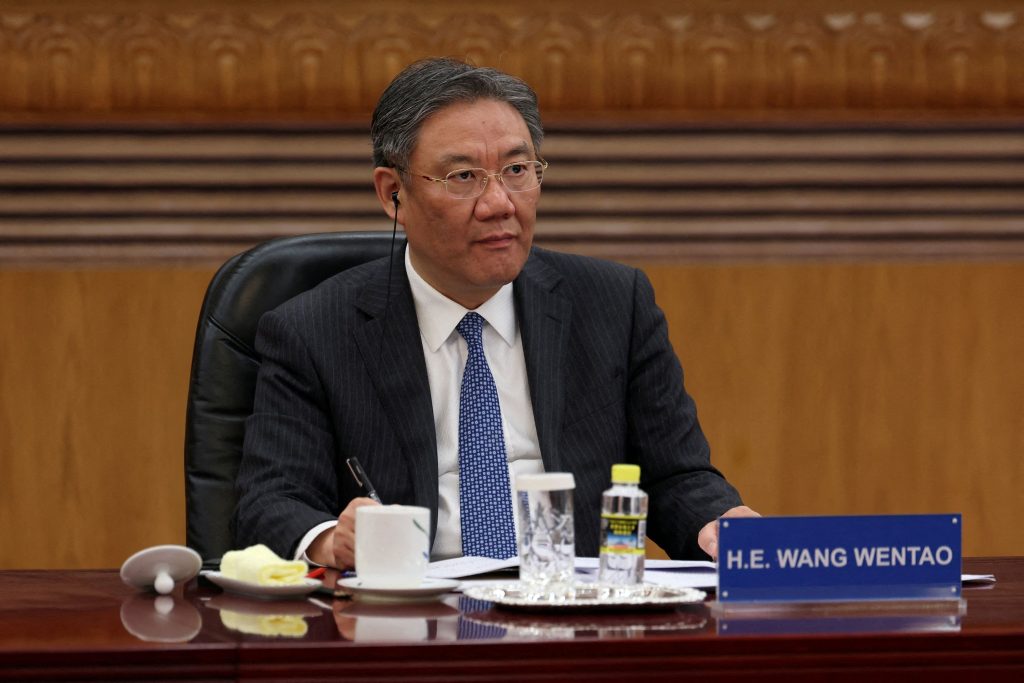
FILE PHOTO: Chinese Commerce Minister Wang Wentao attends a meeting with global business leaders at the Great Hall of the People in Beijing, China, March 28, 2025. REUTERS/Florence Lo/File Photo
The new tariff regime will allow for “stacking,” meaning that tariffs will be cumulative. For example, a Mexican-built car, which previously faced a 2.5% tariff, will now be subject to the fentanyl-related tariffs, the 25% auto tariff, and any new reciprocal tariff Trump imposes—potentially raising the total duty to over 50%.
Investors and business leaders are growing increasingly anxious about the economic impact. The Federal Reserve Bank of Atlanta recently reported that corporate financial officers expect tariffs to drive up prices, slow hiring, and stunt economic growth. Since mid-February, stock market jitters have wiped nearly $5 trillion off U.S. equities.
Global Retaliation Expected
Trump’s trade partners are already preparing countermeasures. Canada, Mexico, and the European Union have signaled their intent to impose retaliatory tariffs and other trade restrictions in response.
Canadian Prime Minister Mark Carney and Mexican President Claudia Sheinbaum discussed strategies to combat U.S. trade actions on Tuesday. “With challenging times ahead, Prime Minister Carney and President Sheinbaum emphasized the importance of safeguarding North American competitiveness while respecting the sovereignty of each nation,” Carney’s office stated.
A growing “Buy Canadian” movement is already making it more difficult for U.S. products to reach Canadian consumers, and similar boycotts could arise in other markets.
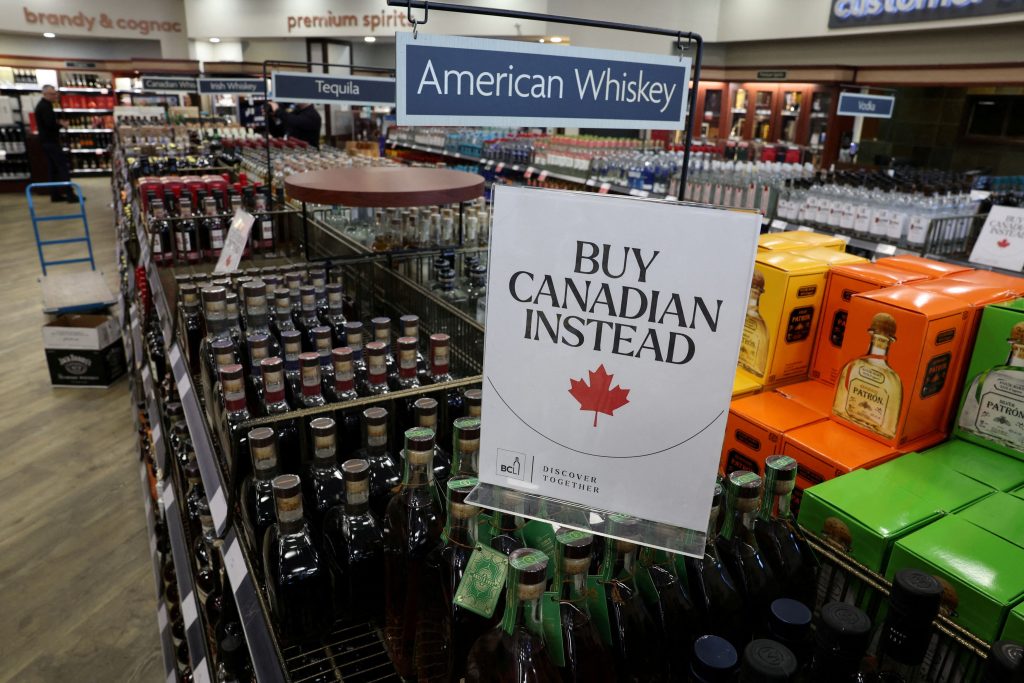
FILE PHOTO: A sign that reads ”Buy Canadian Instead” is displayed on top of bottles, hanging above another sign that reads “American Whiskey”, after the top five U.S. liquor brands were removed from sale at a B.C. Liquor Store, as part of a response to U.S. President Donald Trump’s 25% tariffs on Canadian goods, in Vancouver, British Columbia, Canada, February 2, 2025. REUTERS/Chris Helgren/File Photo
The Economic Toll
Trump has long argued that free trade agreements have hurt American workers and manufacturers, contributing to a $1.2 trillion goods trade deficit. However, economists warn that broad tariffs could raise prices for consumers and disrupt supply chains.
A 20% tariff on top of existing duties would cost the average U.S. household at least $3,400 annually, according to an analysis by the Yale University Budget Lab. Critics fear the policy could trigger a global slowdown, with trade-dependent industries such as automotive, technology, and agriculture facing significant losses.
Source: tovima.com
